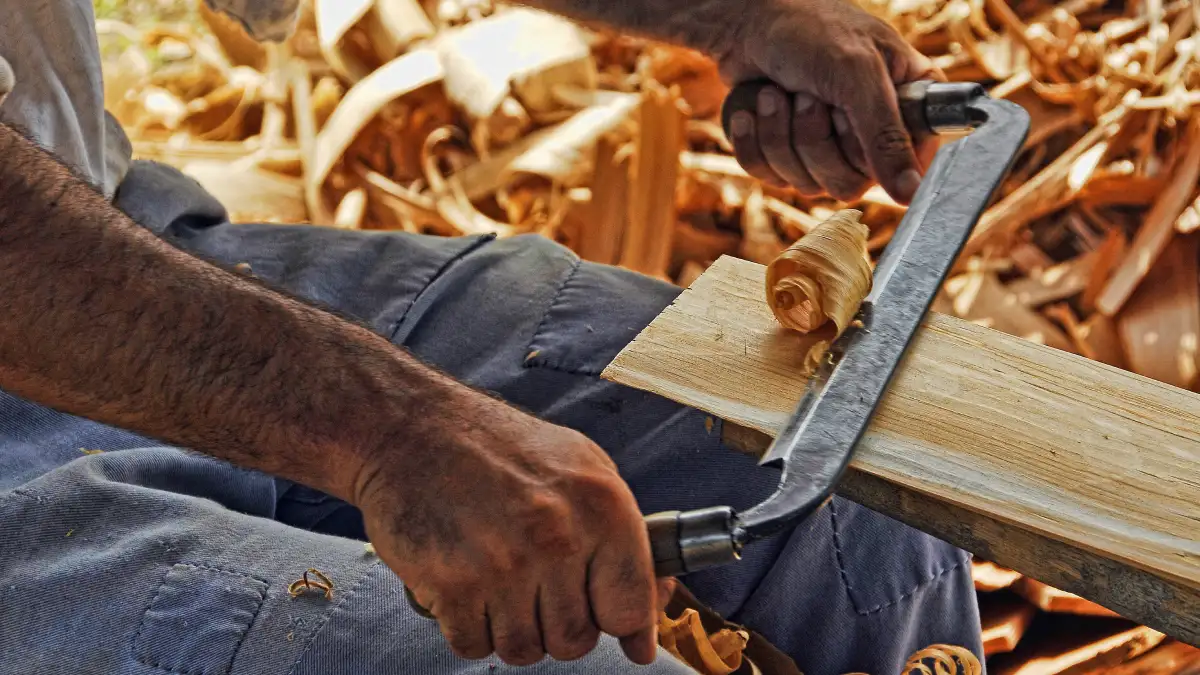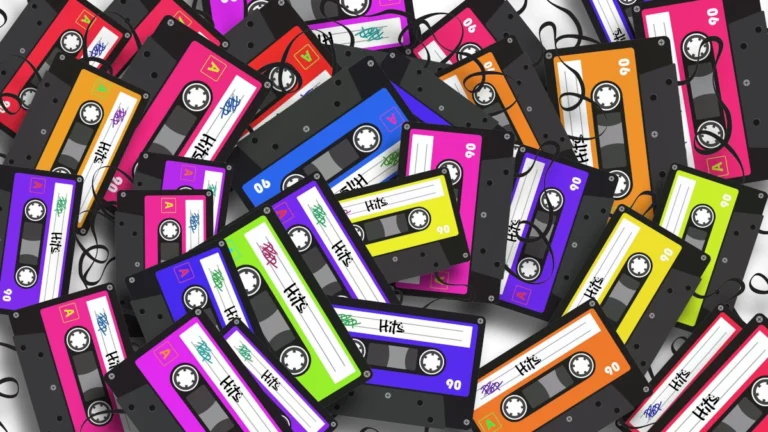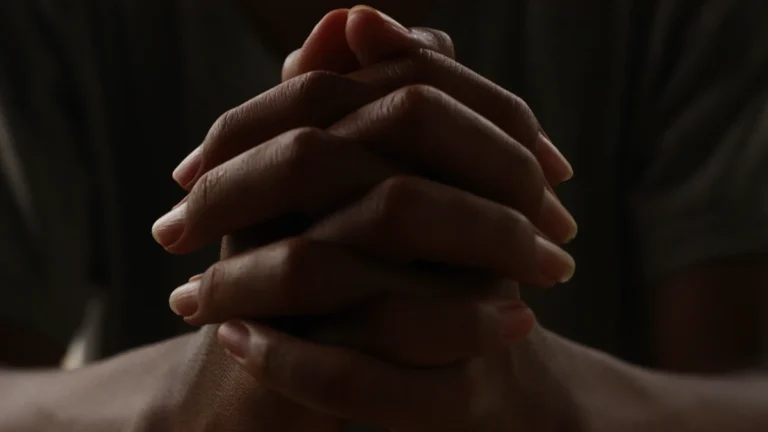Inner Fortitude in the Age of hyper-sensitive outrage addicts
Is All Lost?
The short answer is: yes – if you’re the kind of dopamine addict who needs five likes and a comment thread before breakfast just to feel marginally real. Then yes, friend, it’s all lost. Irretrievably. Stick a fork in it. The empire is not only crumbling—it’s livestreaming its own funeral on TikTok, scored by lo-fi beats and sponsored by Prozac.
But if you still possess a vertebral column, an imagination not entirely colonized by Netflix, and the ability to entertain yourself without a glowing rectangle, then no. It’s not lost. In fact, this might be the finest hour to be alive – since the last time everything fell gloriously apart and history hit the reset button with a hammer.
Welcome to the Doom Cycle
Behold the eternal rotation of civilizations, now with subtitles for the distracted:
Strong men create good times
Good times create weak men
Weak men create hard times
Hard times create strong men
Rinse. Lather. Cry softly. Repeat.
Guess where we are now? That’s right: squarely face-down in the “weak men create hard times” phase. The air smells of debt, decayed institutions, and tears filtered through artisanal ring lights. Governments are one rate hike from implosion. Corporations are staffed by slogan generators in human form. The average citizen requires three therapy apps, two meds, and a weighted blanket just to log in to work.
This isn’t the Age of Reason. This is the Age of Retail Therapy, where entire life philosophies are built out of self-care hashtags and emotional support water bottles.
But here’s the historical kicker: this is normal. This is our turn in the barrel. Rome had its Nero, France had its Reign of Terror, and we have TikTok tarot readings predicting societal collapse.
Exuberance. Decadence. Destruction.
Every empire gets its final soirée before the roof caves in.
Rome had bread and circuses. We have Uber Eats, prescription-grade distraction, and Marvel fatigue. Exuberance gifted us convenience. Decadence gave us burnout sabbaticals and adult coloring books for the traumatized professional. And now? Destruction is here, knocking like a repo man with a battering ram and no patience for small talk.
But—lean in now, because here’s the heresy—it’s not all bad.
See, when the world stops flattering you, you get the rare, violent gift of seeing what you’re actually made of. And need—real, unfiltered need—is the most potent focusing agent ever brewed.
You don’t develop grit from Instagram reels. You don’t cultivate meaning by refreshing your follower count. And you sure as hell don’t survive collapse with the emotional fortitude of a scented candle.
Cocaine or Craftsmanship? Choose Your Poison.
Let us speak plainly about gratification. Because collapse isn’t really about losing your job or your freedom or even your precious democracy. No—the first real casualty is your ability to feel good without external input.
External gratification is the social cocaine of our age. Quick. Potent. Addictive. But inevitably ruinous. A like. A compliment. A promotion. Each one a micro-hit. And the second the supply line dries up, you find yourself in a fetal position, wondering if you’ve ever truly existed.
Now compare that to internal gratification. The slow, stubborn, deeply unsexy alternative. It’s like building your own table with hand tools while the rest of the world orders theirs from IKEA with next-day delivery. No claps. No gold stars. Just sweat, discipline, and a creeping suspicion that you’re the only sane person left.
But eventually—gloriously—you discover how to manufacture your own dopamine. On demand. Without permission.
That’s not just freedom. That’s resilience in its purest, rawest form.
The Florence of Dr. Lecter
Let us now consider a paragon of the internal game: Dr. Hannibal Lecter. Yes, yes, he was a charming sociopath with dietary eccentricities – but focus on the essentials. The man was entombed in high-security isolation and still managed to recreate the Duomo of Florence from memory.
“Memory is what I have instead of a view,” he said.
That, dear reader, is real power. The kind that needs no followers, no applause, and no algorithm. The kind that endures confinement. Madness. Cultural implosion.
Meanwhile, most modern humans collapse into existential despair the moment their phone battery dips below 20%. Put them in solitary for an hour and you’d find them gnawing on the wallpaper.
Lecter? He sketched cathedrals.
Prison as Metaphor. And Possibly Warm-Up Drill.
Let’s drop all pretenses for a moment: imagine you are in prison. Not the fun, orange-jumpsuit Netflix version. Real prison. Solitary confinement. Meals served through a slit in a steel door. No books. No screens. No comforts. Just your brain – and time.
Now ask yourself: how long until you break?
If the answer is “before lunch,” congratulations: you’ve identified a critical weakness. Your internal architecture is scaffolding, not stone. It’s designed to prop you up when things are easy, not hold you steady when the world collapses like a flan in a cupboard.
But if you’ve built your inner cathedral – be it memory, invention, or meaning—then Hell is not so terrifying. Hell, in that case, is just quiet.
It doesn’t have to be Florence. Maybe it’s the novel you’ve never written. The music you hum in your head. A problem you revisit not because it’s solvable, but because it matters. That is inner wealth. That is resilience untaxed by governments and uncancellable by mobs.
Forests, Hammocks, and Homemade Fortitude
When I was younger—and even more unfashionably feral than I am now – I used to vanish into the forest like a minor character in a post-apocalyptic novel. I’d sling a hammock between trees and pretend that this was it. No job. No home. No human noise. Just trees. Birds. The occasional ant bite to remind me I was still part of the food chain.
Why?
Because if I could make that bearable – hell, enjoyable – then nothing life hurled at me later would feel quite so sharp.
And I was right. When the collapse came – and come it did – I didn’t fall apart. I’d already practiced. I’d rehearsed solitude. Drilled discomfort. I’d carved strength into my bones when no one was watching.
That’s what the internal game is. Not just stoicism. Not just prep. It’s craft. You don’t wait until the flood to learn to swim. You train now. Quietly. Methodically. Without applause.
The World Is Stripping Down. Good.
Let’s be blunt: the future isn’t a utopia waiting to be claimed. It’s a grinder. A sorting mechanism. A hard reset on the delusions of comfort we’ve been selling ourselves since the Cold War.
The demographics are against us. The leadership class is made of damp cereal. And the average adult is one Wi-Fi outage away from spiritual collapse.
But here’s the good news – such as it is:
Harder does not mean worse.
The fluff is dying. Good. The fluff was a lie anyway. And once the sugar wears off and the crash hits, what’s left might actually mean something.
Focus. Purpose. Perspective. They don’t trend, but they endure.
And here’s the final twist of the knife: life is good if you are good at life. Not because it pampers you. Not because it flatters your neuroses. But because you met it on its own feral terms and didn’t blink.
So when the doom cycle turns again – and it will – and the weak men whimper about how “hard” it’s all become, you won’t even flinch.
You’ll be there, sipping bitter coffee, thumbing through an actual book, maybe sketching Florence from memory.
And smiling.
Not because all is well.But because all is not lost.




